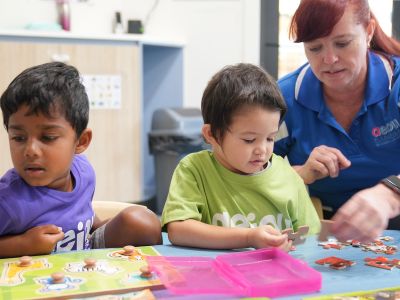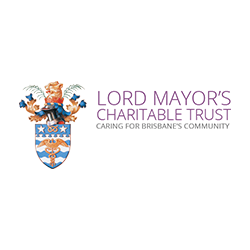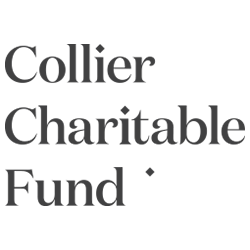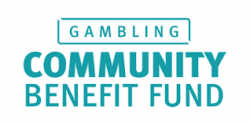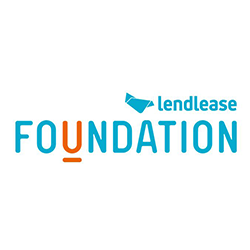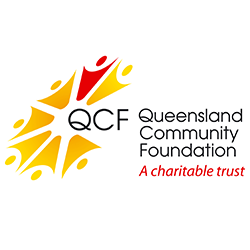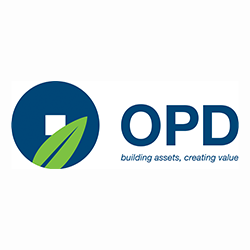
It may not be as bad as you think ...
Catastrophising is viewing or presenting a situation as considerably worse than it actually is. It can be associated with anxious thoughts, low moods and other symptoms. Some people, if they’re feeling anxious or depressed, experience stomach pains or headaches, others hesitate to join in with activities that they would normally enjoy and others may avoid certain situations altogether. How you perceive yourself and your world directly affects your day-to-day experience and that of your family too!
Underestimating your ability to cope leads to avoidance
“I can’t do anything well” or “I’ll never be able to cope” are stories that some people tell themselves. When someone feels anxious, it’s common to think about things in a negative way and to exaggerate negative consequences. Unfortunately, this can lead to missing out on fulfilling experiences that add richness to life. In families, it’s easy to hand down this type of thinking to the children. One way to overcome this type of thinking is to look for facts.
What we THINK affects how we FEEL and ACT
What we DO affects how we THINK and FEEL
How we FEEL affects what we THINK and DO
Realistic thinking leads to increased confidence and richer experiences
If you recognise a tendency to catastrophic thinking, put your thoughts through a reality check. For example, can you remember a time when something you participated in turned out well? It could be a cake you baked or a team you played on that had fun together. I’m sure you’ll agree, it’s a myth to tell yourself, “I can’t do anything well”. The fact is; you do some things well, just like everyone else.
Look carefully for tools or resources you have used in difficult circumstances. Calling on support from a friend, getting more information before making a decision and putting personal boundaries in place are all examples of coping skills that help to overcome catastrophic thinking and result in better wellbeing.
By acknowledging unhelpful thoughts and replacing them with more realistic ones (a change in thinking), gives you confidence that you can cope in the future (a change in how you feel) and creates new possibilities (a change in what you do). Teaching your family to do the same means that everyone will feel better and enjoy life more.
About the authors:
Bare Hands is run by allied health professionals committed to helping women embrace positive change by providing access to practical education. To find out more visit www.barehands.com.au

